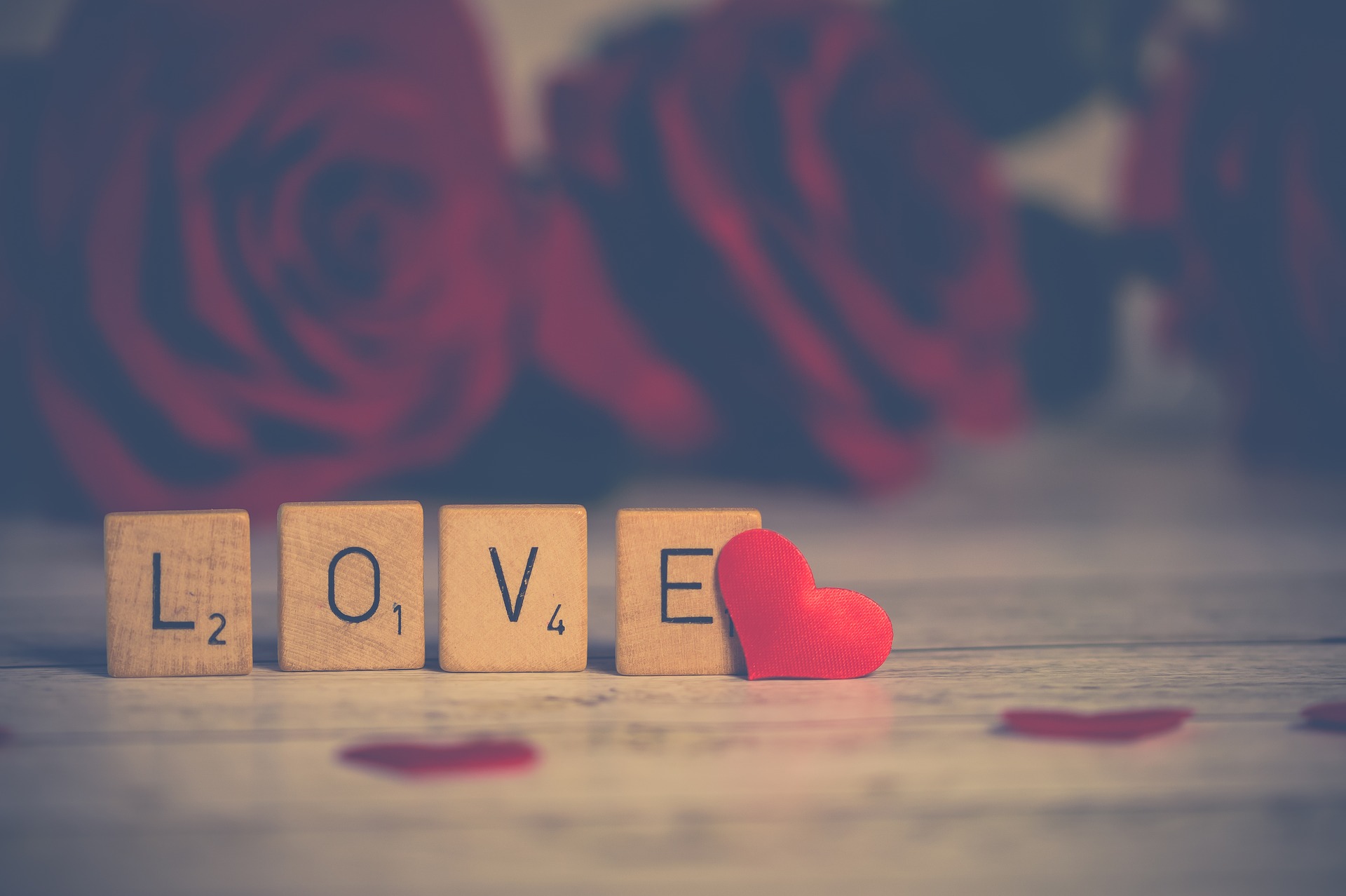If you were to search “love,” in the Netflix search bar, countless hits would come up – well-known shows, classic movies, experimental series, documentaries and more. Have you ever wondered why that is? Well, it might just have something to do with the fact that love is, in fact, everywhere. After all, according to John Lennon and Paul McCartney, it’s all that you need.
So, what is love?
Baby, don’t hurt me. (I promise there won’t be too many more of those song references – I couldn’t help it, really) This is a question that I’d bet has crossed most people’s minds, and it’s an incredibly valid one. Its representation in the media is romanticized and can be over exaggerated and under explained. A driving force in connections and relationships, love motivates and allows people to experience a feeling so intense that it can drive you crazy. Companionate, compassionate, or romantic, whatever type of love you experience can influence the way that you define it (Fredrickson et. al., 2015) See, that’s just the thing – love is something that many people have their own definition of. Many people debate what love is, how to define it, how to express it. So, maybe it’s not that simple. Maybe, this is just a question to leave up to interpretation. That might just be what makes love so sought after – it’s in the experience.
What do we get from love?
A lot can be gained from experiencing love, and not just the romantic kind. Our relationships play a huge part in shaping our identities, as well as the love we receive being a source of happiness. Happiness – what’s love got to do with it? (seriously, I’ll stop now) Well, believe it or not, studies show that love does enhance happiness, no matter what type of relationship it comes from (Uusiautti et. al, 2013). Although this study focused mostly on romantic love, friendly and familial love can also have the same effect.
Love is an important life experience that touches every aspect of our lives. From television and movies to songs (some very famous ones were mentioned in this post!) and more, life is full of love.
Fredrickson, B. L. (2016). Love: Positivity resonance as a fresh, evidence-based perspective on an age-old topic. In L. F. Barrett, M. Lewis, & J. M. Haviland-Jones (Eds.), Handbook of Emotions, 4th Edition. (847-858). New York: Guilford Press.
Uusiautti, S., & Määttä, K. (2013). Love as the source of happiness. In F. Sarracino (Ed.), The happiness compass: Theories, actions and perspectives for well-being (pp. 37–51). Nova Science Publishers.

This blog post offers a fascinating exploration of love’s portrayal in media and its impact on our lives, presenting a well-rounded discussion that is both engaging and insightful. I found the discussion on how different types of love contribute to happiness particularly interesting, as it challenges the common perception that romantic love is the primary source of emotional fulfillment. It would be intriguing to see further research on how these concepts of love vary across different cultures and age groups. How might cultural background or generational differences influence one’s understanding and experience of love?